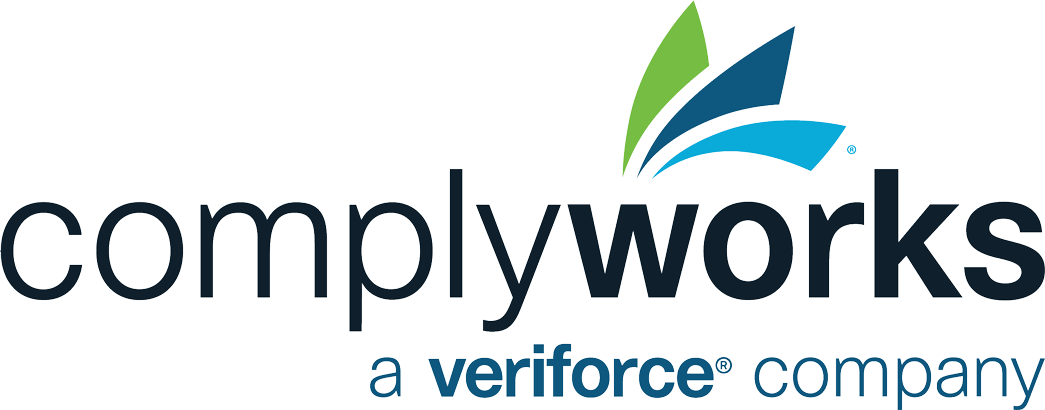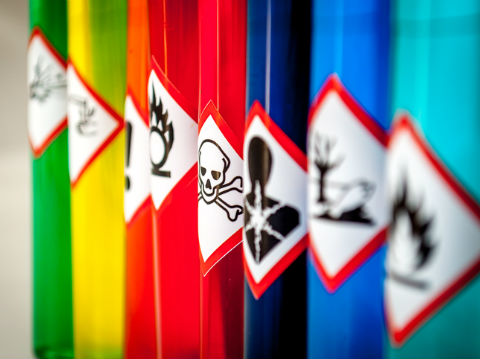In 2018, unease surrounding international trade and geopolitical issues have been at the forefront of concern for many manufacturers. But while these business-critical issues take the media spotlight, organizations with a global supply chain shouldn’t forget another ongoing issue concerning their operations: the ethical supply chain.

Supply chain ethics have been a hot topic in manufacturing for years, mainly due to human rights, environmental violations and an increase in the public’s demand for transparency into consumer products. For Chinese biopharmaceutical company Changsheng Bio-Technology, this meant more than $500,000 USD in fines, public outrage and major brand damage for falsifying data for vaccines that were not manufactured to government standards. Earlier this year, Apple was faced with allegations of unfair working conditions at Catcher Technology Co., a company that manufactures its iPhone casings out of China.
It’s evident that ‘ethical compliance’ should be a priority for manufacturers, but global factory audits have uncovered some shocking statistics: only 20 percent of factories are fully compliant with worker health and safety conditions, receiving the “green light” ranking for operations in 2018. This means that most international manufacturers require significant improvements to operate as an ethically compliant business. Even if your internal organization is ethically sound, the reputation of suppliers and manufacturers is directly correlated with the reputation of any business that associates with them and therefore, steps should be taken to ensure the entire supply chain is compliant.
It’s evident that ‘ethical compliance’ should be a priority for manufacturers, but global factory audits have uncovered some shocking statistics: only 20 percent of factories are fully compliant with worker health and safety conditions, receiving the “green light” ranking for operations in 2018. This means that most international manufacturers require significant improvements to operate as an ethically compliant business. Even if your internal organization is ethically sound, the reputation of suppliers and manufacturers is directly correlated with the reputation of any business that associates with them and therefore, steps should be taken to ensure the entire supply chain is compliant.
How to proactively manage ethics in your supply chain
Ethical compliance can be related to financials, environmental practices, worker health and safety, information security and more. With so many factors involved, how can an organization ensure their supply chain – from raw materials all the way to product delivery – is compliant internationally?Ingrain ethics into your culture
An organization can take proactive steps to offset the potential for reputational damage by ingraining ethics into its culture. Adopt a corporate social responsibility program, set realistic but strict standards for your suppliers, and implement a zero-tolerance policy for forced labour, environmental degradation or other ethical violations in the supply chain.Be the experts on local regulation
If your supply chain is sprawled across several continents, countries or even regions, there will be an entirely different set of laws and regulations for each area you operate. Get in front of any potential legal issues by ensuring your legal teams and GRC practice know the ins and outs of local law.Track and audit third-party requirements
Just as you would track insurance certifications for a third-party contractor or supplier, you should require proof as to how they are maintaining an ethically compliant and legally sound business. Establish a selection process for your supply chain partners that examines their programs and policies related to worker health and safety, environmental sustainability, financial stability and more.An organization’s supply chain, especially when spanning geographical borders, presents an unprecedented level of risk to the business. Those risks can be effectively managed with the proper processes, policies, audits and teams in place. View our webinar on supply chain risk management to learn more about how you can create an ethical supplier ecosystem and effectively manage third-party risk.






